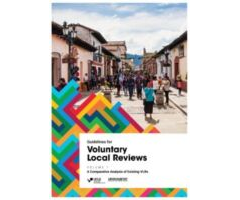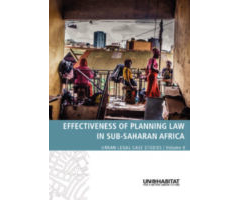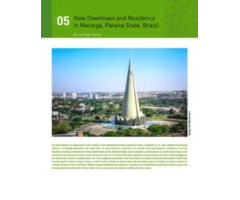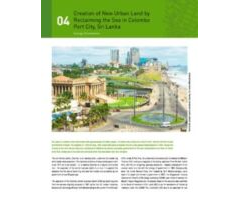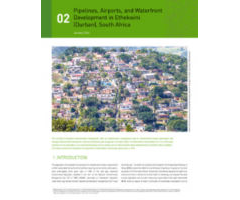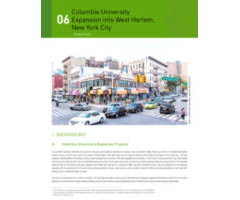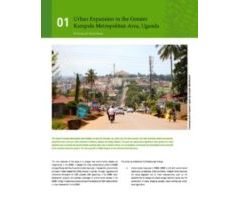
URBAN LAW?
Urban law is the collection of policies, laws, decisions, and practices that govern the management and development of the urban environment. Legal systems are among the major impediments preventing innovative mayors and urban managers from creating reforms and overcoming the pressing challenges of their cities and urban systems. Many cities are burdened by laws that do not match the prevailing urban reality. Worse still, the capacity to enforce laws and regulations that are already in place is often lacking. Municipal authorities often have limited access to specialist legislative expertise, and struggle to respond to these situations. The multiplicity and rigidity of laws and regulations compel citizens to pursue informal routes to conduct land and property transactions, to do business, to acquire means of a livelihood, and even to access basic services. As a result, parallel systems flourish and Urban Legal informality becomes the norm.
THE IMPACT
legal instruments from 68 countries across many thematic areas in the UrbanLex database.
unique visitors and over 31,000 page views of the UrbanLex in 2018
national and local government officials and international civil servants trained in Drafting Skills to Improve the Quality of Urban Legislation
UN-HABITAT’S WORK ON URBAN LEGISLATION
UN-Habitat’s knowledge pertaining to legal reform is used to support cities. In addition, UN-Habitat is developing mechanisms for the creation and dissemination of legal knowledge and a network to develop capacity and access external expertise, with the aim of producing:
• an increased awareness of legal systems operating at the city and national levels;
• recommendations for more robust strategies to reform urban legal systems; and
• improved capacities of local authorities to design and implement legal reform.
In undertaking it’s work, UN-Habitat places a priority on practical interventions that are tailored to national and local contexts and needs. These priorities depend upon effective partnerships with local authorities, local experts, and affected communities. Through this approach, UN-Habitat provides the support local and national governments need to incrementally improve their urban legal frameworks while also developing innovative solutions to shape future urban development

THE ‘RIGHTS BASED’ LEGISLATION
The New Urban Agenda committed States to urban development that is people-centered and promotes the realization of all human rights and fundamental freedoms. It also called for ending of all forms of discrimination and violence and the empowerment of all individuals and communities while enabling their full and meaningful participation. UN-Habitat is committed to the involvement of urban dwellers in the development decisions and planning outcomes that affect their daily lives and has recently re-stated its view of the urban development paradigm, including the views that: Robust legislative frameworks must underpin all planning; On-going dialogue is necessary between legislation, policy, and planning to ensure relevance, innovation, and a capacity to meet the future challenges facing cities; Development and planning must have a clear and unequivocal rights-based approach; and local governments provide an exciting entry point for change and should be encouraged to create enabling regulations.
PUBLICATIONS
The 2030 Agenda and the Sustainable Development Goals (SDGs) provide local and regional governments with…
Published On 1 June 2019
Downloads 3367
Views 869
UN-Habitat has conducted an objective, evidencebased assessment on the application of physical planning…
Published On 1 June 2019
Downloads 129
Views 355
The study assesses the environmental impact reviews in urban development licensing procedures in Brazil,…
Published On 1 June 2018
Downloads 143
Views 294
Sri Lanka is a medium sized island state with approximately 22 million people. The island has a total…
Published On 1 June 2018
Downloads 149
Views 290
The concept of integrated environmental management, with its environmental management tools of environmental…
Published On 1 June 2018
Downloads 145
Views 409
In July 2003, Columbia University announced its thirty-year plan to build an eighteen-acre science and…
Published On 1 June 2018
Downloads 145
Views 310
The Greater Kampala Metropolitan Area (GKMA) includes the Kampala city centre and the inner suburbs,…
Published On 1 June 2018
Downloads 148
Views 319
This book will help countries, especially those in the Global South, to identify and explore choices,…
Published On 1 June 2018
Downloads 214
Views 495


